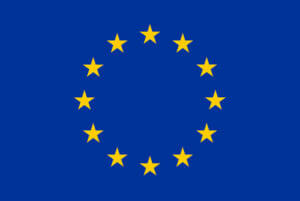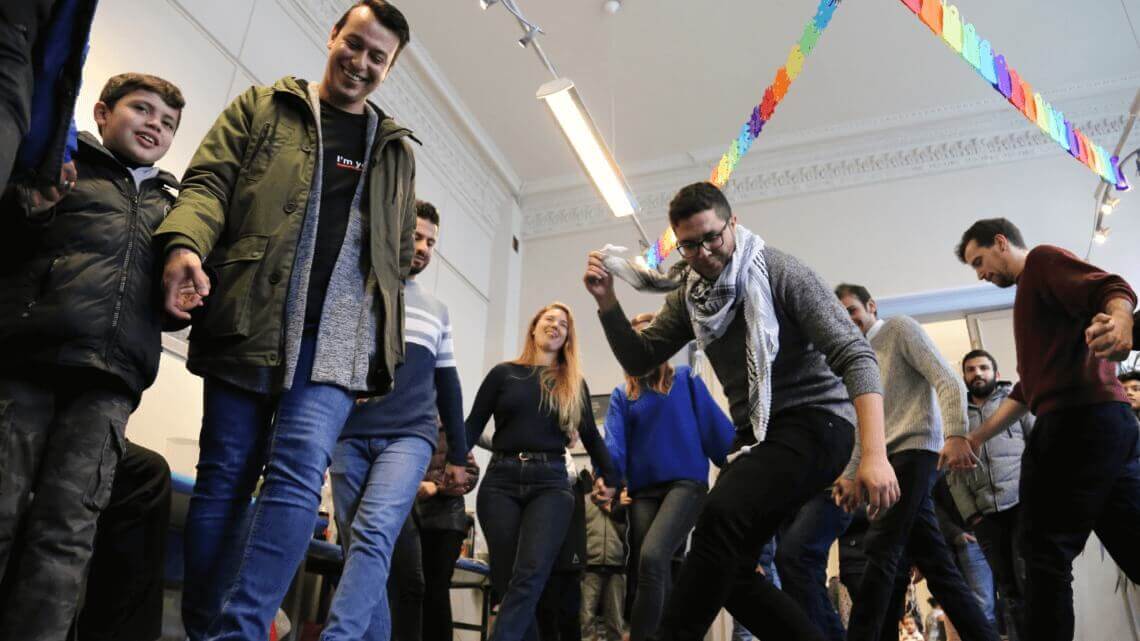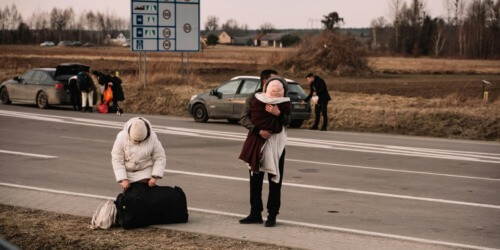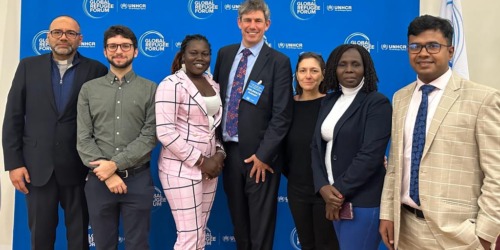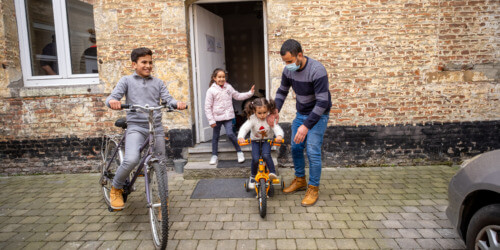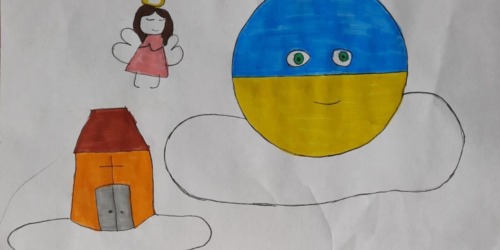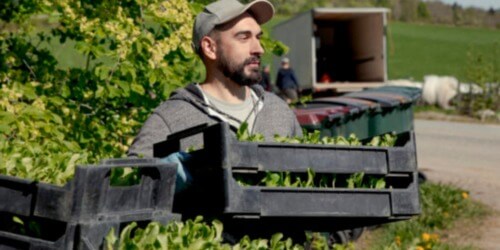With years of experience in the field of asylum and migration, Caritas International is confronted daily with the challenges that migrants and refugees have to face. We witness the negative effects of an increasingly repressive European migration policy.
The European citizens’ initiative (ECI) for a welcoming Europe is a realistic response that forms the heart of the #whatishome campaign. It is supported in 15 European countries and aims to give a European dimension to migrant solidarity. There are three key requests, which Caritas International supports.
ADDITIONAL LEGAL AVENUES FOR REFUGEES WITH THE SUPPORT OF PRIVATE RECEPTION INITIATIVES
Creating more legal channels for migration (resettlement, humanitarian visas, labour migration, student visas, family reunification, etc.) is one of the most important demands of Caritas International. Such a policy offers people a safe alternative to life-threatening routes such as the Mediterranean Sea.
This is a crucial point that is also included in the 2030 Agenda of the United Nations, signed by all EU Member States, of which one of the sub-goals is “to facilitate orderly, safe, regular and responsible migration and mobility of people, including through the implementation of planned and well-managed migration policies.”[1]
“The ECI’s request to give more support to local citizens and groups to sponsor refugees across Europe[2], is in line with the political demand of creating additional legal migration channels,” explains Tom Devriendt, policy officer at Caritas International. In fact, Caritas International already supports several parochial care groups in receiving vulnerable refugees who come to Belgium as part of a cooperation agreement between various Belgian religious communities and the Belgian government.
Of course, these private reception initiatives are not the only way to allow refugees to legally enter the territory. They should complement other existing channels – such as resettlement[3]– and be part of an overall policy that respects international agreements and commitments concerning the protection of refugees.
REINFORCEMENT OF COMPLAINT MECHANISMS IN CASES OF HUMAN RIGHTS VIOLATIONS
Everyone has the right to justice regardless of their migration status. Resulting from a lack of access to complaint mechanisms, many people who stay somewhere temporarily are particularly vulnerable, notably due to employers who take advantage of their position of power.
Working on the front lines is one of the primary missions of Caritas International. We have witnessed this many times before: poor working conditions, low wages, excessive flexibility, a total lack of insurance, constant pressure, competition between employees, etc. In some cases, it even includes human trafficking.[4]
Awa[5], who is assisted by our social service, explains: “When I was 15 years old, my father wanted to marry me off to an older man from Saudi Arabia. I fled from Morocco and arrived in Belgium through Spain. I am not sure why my family did not apply for asylum in Belgium back then. Do you think I was entitled to it? Now I am getting interested in my case, but I have little hope for any kind of formalization.” Awa has lived in Belgium as an undocumented migrant for 13 years now. “Of the three days I worked as a cleaning lady, my employer only paid me for two of them. But what can I do about it?”
Exploitation of individuals’ vulnerability is by definition incompatible with values such as respect and human dignity for all – key values of our organization. That is why we support this request from the ECI and ask the European Commission to provide more effective guidelines and means to protect all victims of exploitation. To achieve this, essential measures include a clear separation between the responsibilities and mandates of different institutions (workplace inspections, migration authorities, and judicial bodies) and guarantees for victims so they can report violations without fear of possible consequences.
SUPPORT FOR HUMANITARIAN OPERATIONS AND CIVIL SOLIDARITY
In various European countries, public services for migrants are insufficient, mainly in terms of front-line support (legal guidance, provision of information, provision of basic needs, etc.). Citizens and civil society organizations are mobilizing to compensate for the shortcomings of the state.
However, these activities are increasingly stigmatized or even made a criminal act by policymakers. In Belgium, for example, three volunteers (two journalists and a social worker) are involved in legal proceedings for helping migrants in the Maximilian Park in Brussels. They could face up to 10 years in prison.[6] The situation is most severe in Hungary, where people who provide information and legal support to migrants throughout the asylum process – which is in line with EU legislation – risk fines and imprisonment.[7]
This tendency worries us as, being in favor of international solidarity, we encourage and support these initiatives. We cannot accept that a citizen is prosecuted or penalized for providing shelter or humanitarian aid to migrants. We, therefore, urge the European Commission to put an end to this.
LET YOUR VOICE BE HEARD!
Do you see yourself in these requests? Then join us and sign the European citizens’ initiative for a welcoming Europe…here!
#whatishome is a three-year social media campaign financed by the European Union to increase development education and awareness raising (DEAR) within the scope of the MIND project. 11 countries and 12 Caritas organizations are participating in this campaign. More information can be found here. The content on this page is the responsibility of Caritas International and does not necessarily reflect the official views of the European Union.
